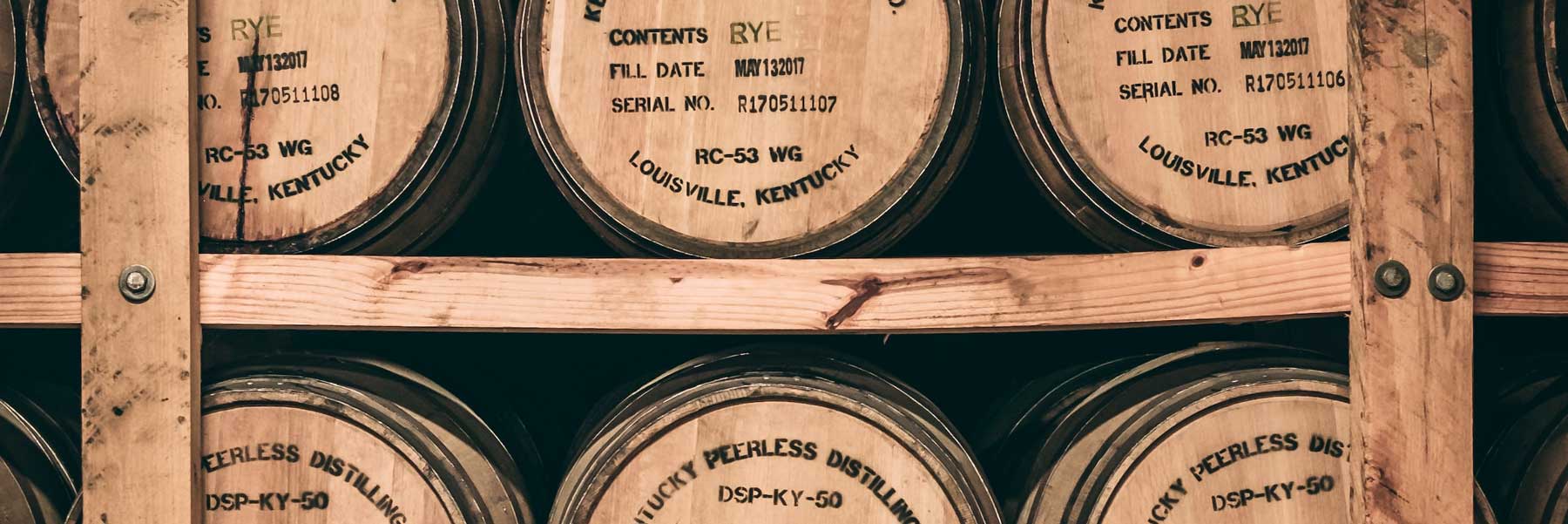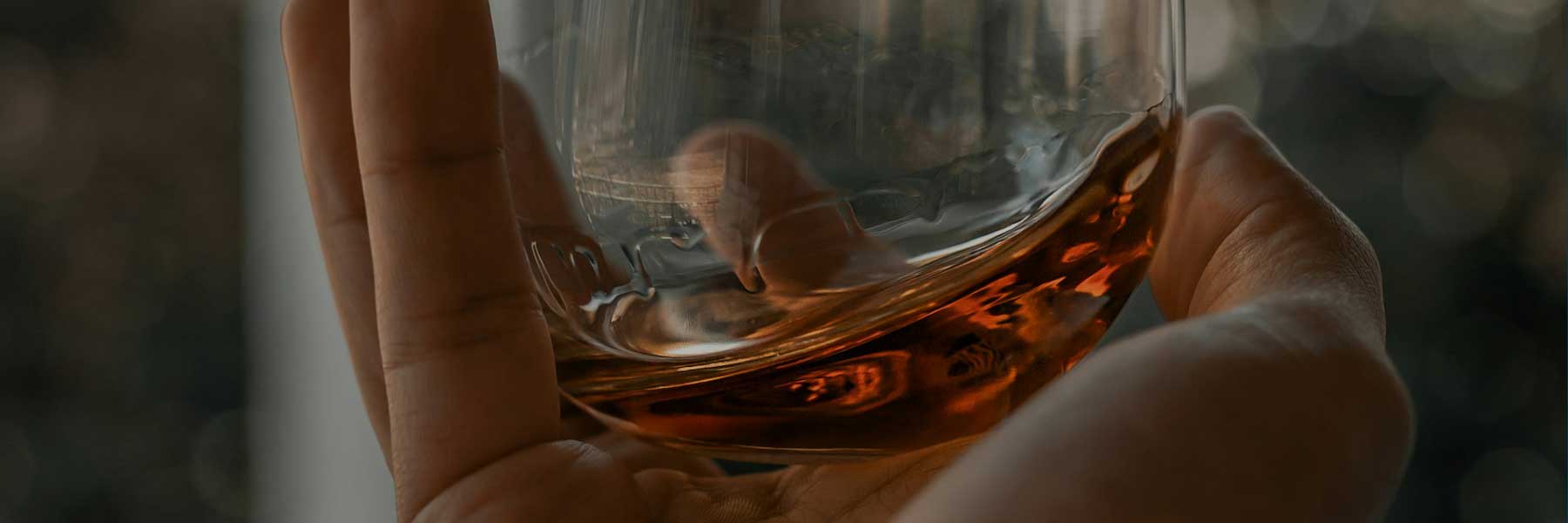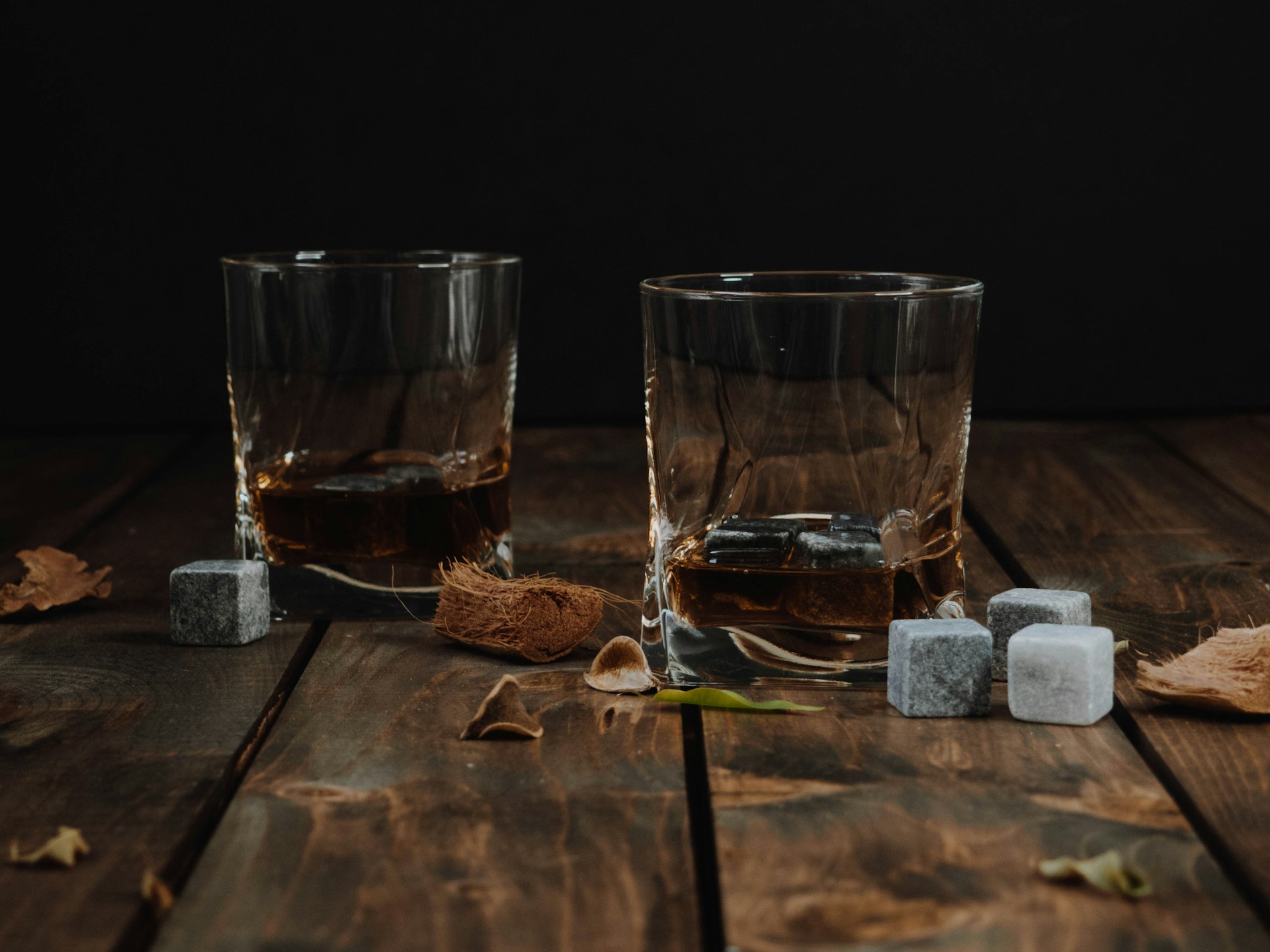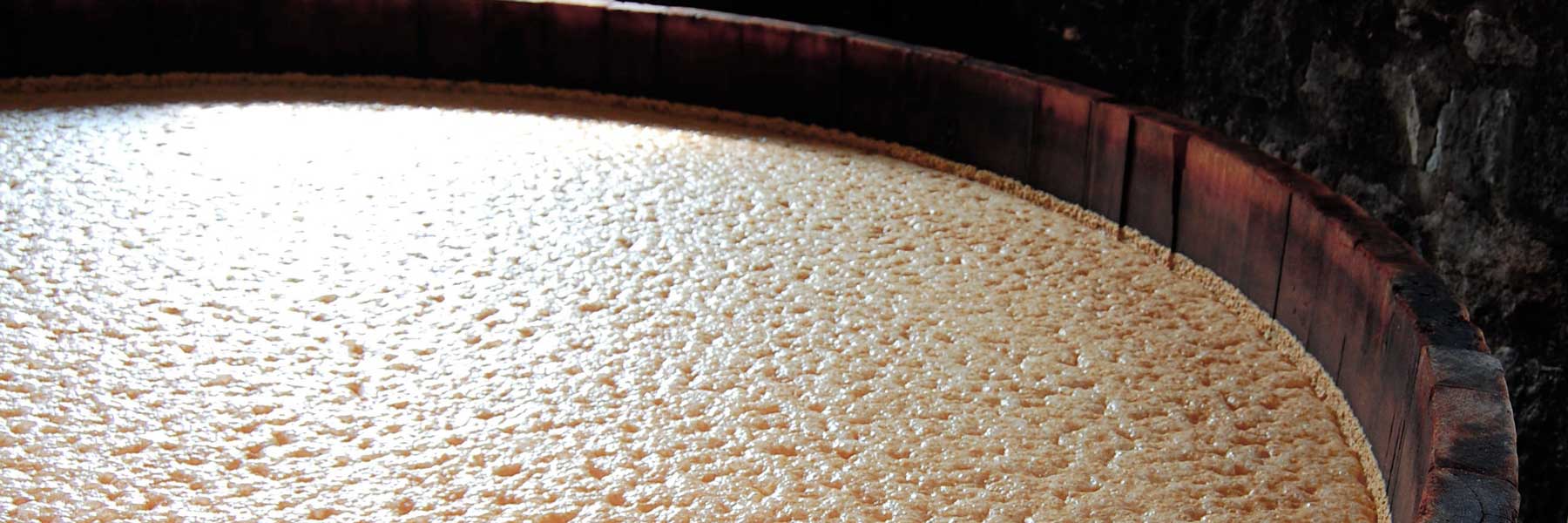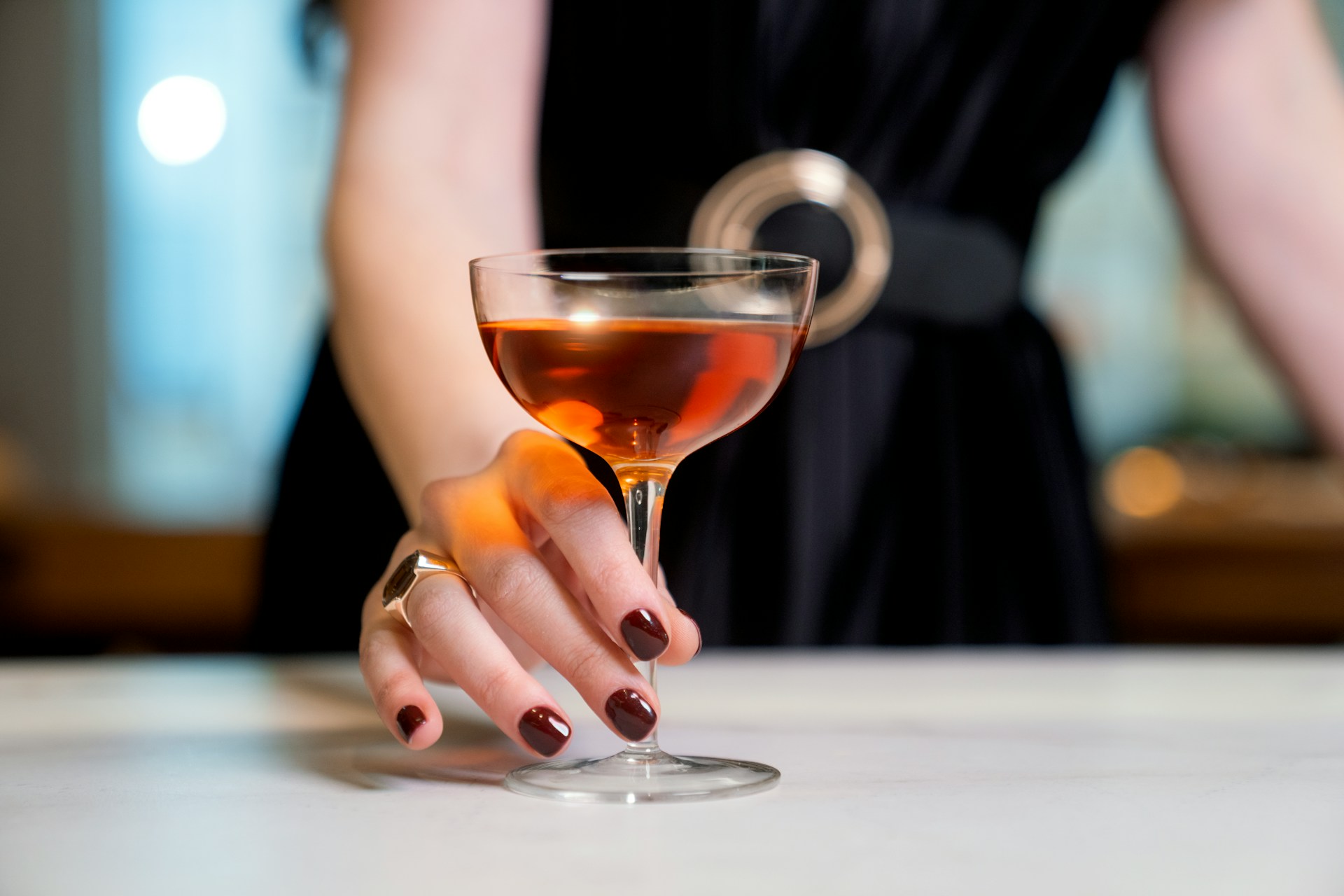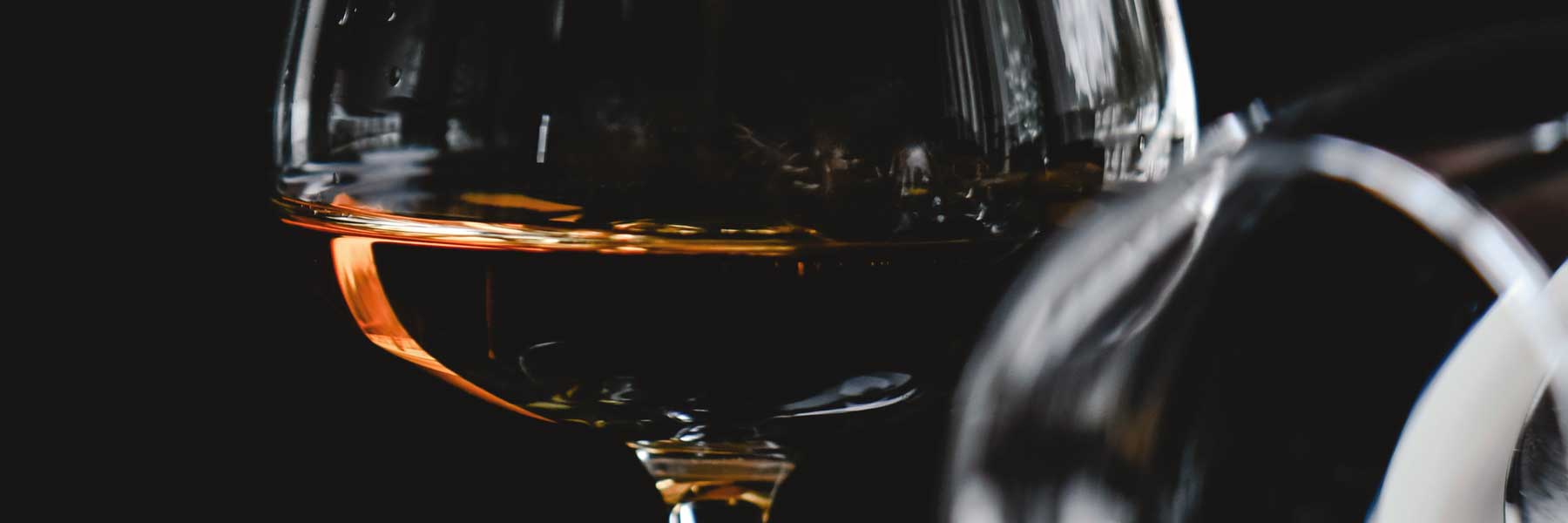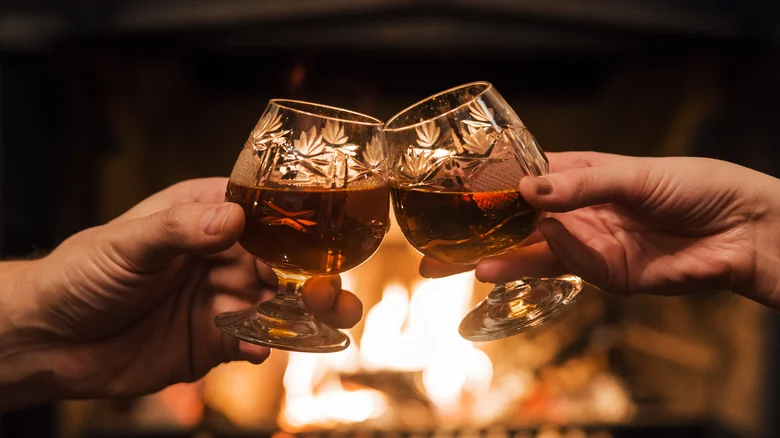Single Barrel vs Double Barrel. What’s the difference?
There’s a lot of debate surrounding the topic of single barrel vs double barrel whiskey. If you’re curious about their differences and which is best for your taste, then this article is just what you need.
Here we’ll explore how single and double barrel whiskeys differ in terms of taste, process, and price. We’ll also look at why each type of whiskey has its own unique flavour profile and discuss whether single or double barrel ageing makes a difference when it comes to quality. With this knowledge in hand, you’ll be able to make an informed decision on which kind of whiskey is right for you.
Before we get stuck in, this article will focus on whisk(e)y from America. This is because ‘single barrel’ or ‘double barrel’ are terms generally associated with the United States.
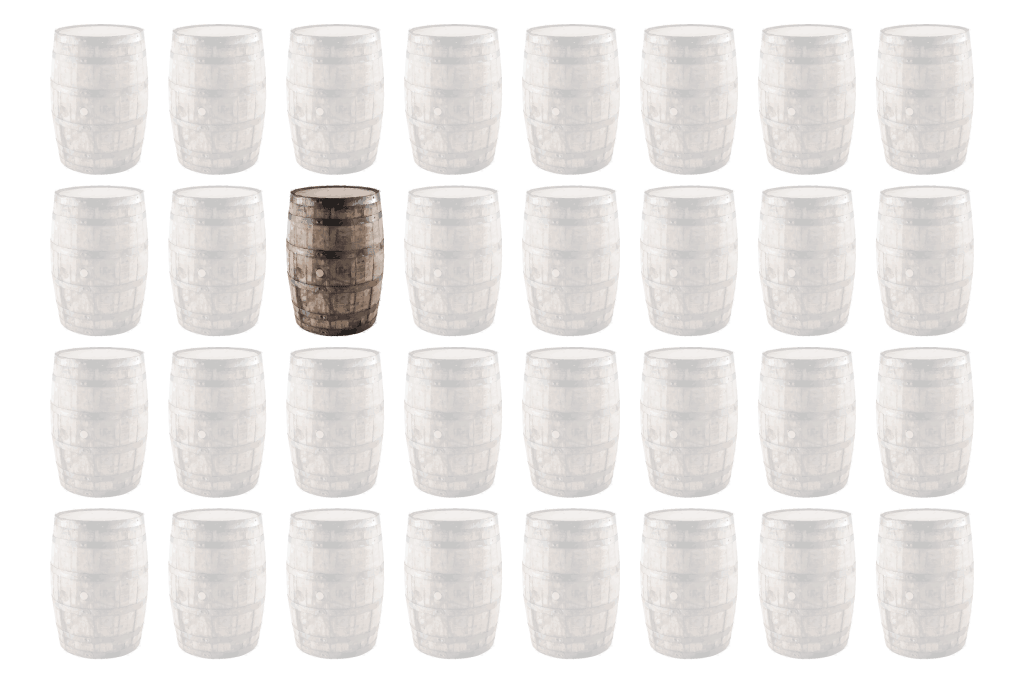
What does single barrel mean?
Single-barrel whiskey is a premium type of whiskey which has been aged in a single oak barrel. The whiskey will have taken on all of the flavour notes from the wood and internal charring, becoming imbued with the barrel’s unique characteristics. It is then bottled directly, without being stored in a second barrel or mixed with other whiskeys from any other barrels. Generally, single barrel whiskeys are a high-proof percentage.
For context, most distilleries make their standard bottles by blending whiskeys of differing colours, tastes and ages from a large number of barrels. At scale, this blending allows them to create uniformity in colour and taste. Comparatively, single barrel whiskey isn’t mixed, therefore is unique to the barrel selected.
As you may have seen, single barrel whiskey is typically more expensive than a distillery’s core range. This is due to the rarity and quality demonstrated by a particular barrel which is often hand-selected by a master distiller for its unique characteristics. The criteria for selection is dependent on the distillery, however, single barrel whiskeys typically possess exemplary qualities that the distiller deems particularly special.
Because single-barrel whiskey isn’t blended, much less of it can be made from a single barrel, which contributes to its higher cost. Whiskey connoisseurs who look for rare and unique flavours in whiskey are often willing to pay this premium price for single-barrel whiskies.
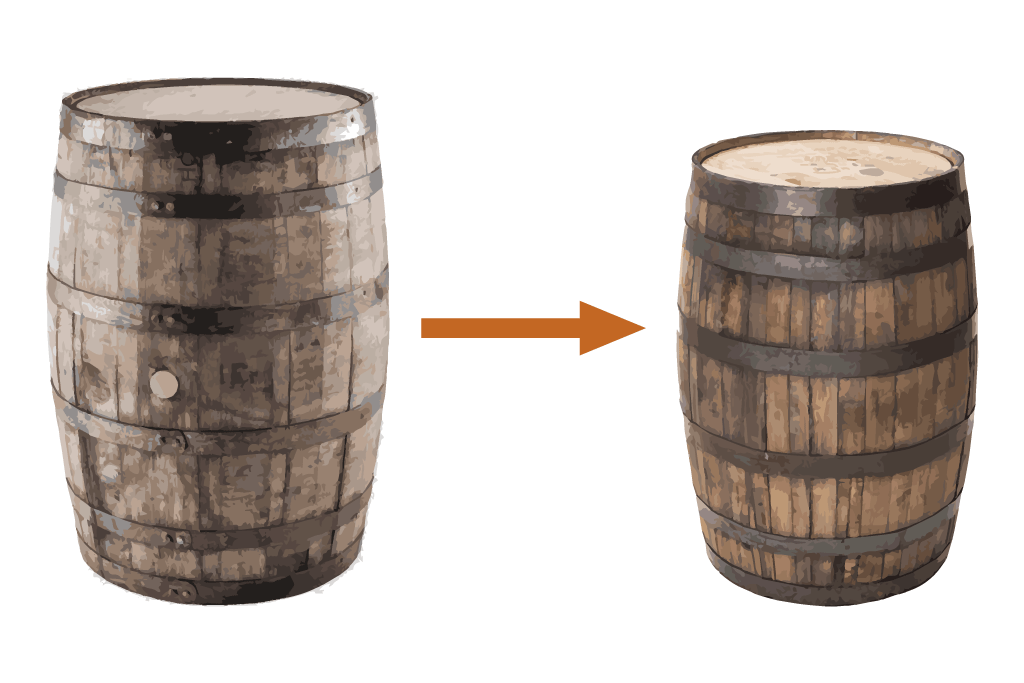
What is double barrel whiskey?
Double barrel whiskey means when a whiskey has been aged in two consecutive barrels and isn’t mixed with any other whiskey from other barrels. Sometimes referred to as ‘finished whiskey’ this term refers to whiskey which was initially stored in one barrel, before being transferred to another. This process can provide much more depth and complexity than single barrel whiskey because it’s exposed to two different types of wood during maturation.
In America, whiskey is invariably matured in new oak barrels. But for double barrel whiskeys, this is only one half of the equation. After maturation, the whiskey is removed and then poured into another barrel of the same or different material. These second barrels can either be new or used, which is where things get super interesting.
Secondary barrels can be;
- New charred oak barrels
- Sherry butts
- Wine casks
- Port casks
- Cognac casks
- Armagnac casks
Depending on the barrel used, the whiskey absorbs another round of flavours and colour in its second phase of maturation. This is what gives double barrel whiskeys their balanced and often more complex flavour profiles, developing secondary notes from the previous alcohol stored.
Naturally, double barrel whiskey tends to be more expensive than single barrel whiskey. This is because of the increased handling, filling, pouring and extended time involved with the production. However, the resultant whiskey is generally more developed, balanced and complex.
Single Barrel vs Double Barrel.
As you’ll have learned above, single barrel whiskey comes from one barrel only and is uniquely selected by master distillers for exemplary flavour. By comparison, double barrel whiskey also comes from a single barrel but is then matured in a second type of cask in a process known as finishing.
Is single barrel better than double barrel?
This depends on your preference. Single barrel whiskey is more unique and has fewer variables, meaning it’s a great choice for whiskey connoisseurs seeking out rare flavours and special characteristics. Double barrel whiskey on the other hand often provides much more complexity due to its second round of maturation, yielding additional flavours from wine, port or sherry cask finishing.
Ultimately, the whiskey you choose will depend on your own individual preference. Whichever whiskey you prefer, single barrel or double barrel whiskey, it’s sure to make for a unique and enjoyable drinking experience.
Happy sipping!
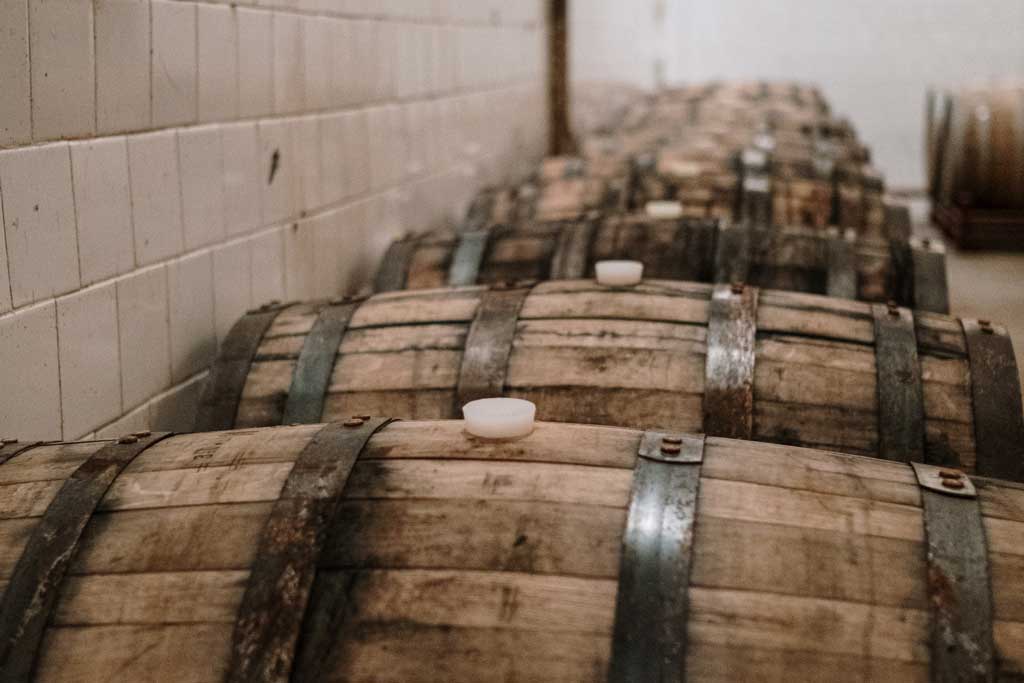
Single Barrel vs Double Barrel FAQ’s
What is special about single barrel?
Single barrel whiskeys are special because it comes from a single barrel which has been hand-selected by the distiller for its unique characteristics. This can be for an unusual barrel material, shape or size. As single barrel whiskey isn’t blended with others, it’s a true representation of that particular barrel’s characterisitics which makes it so unique. For these reasons, this whiskey will often be more expensive than core range bottles. However, it’s certainly worthwhile if you’re looking for something a little more special.
What makes double barrel whiskey different?
Double barrel whiskey is matured in two consecutive barrels instead of one. The second barrel can either be new or used and could contain wine, port, cognac or sherry cask finishes which provide additional flavours to the whiskey. This process can create a much more complex flavour profile than single barrel whiskey, making it ideal for those seeking interesting, mature flavours.
What is the difference between single barrel and barrel proof?
Single barrel whiskey refers to whiskey which has been stored in one barrel only. Barrel proof whiskey is whiskey which has not been diluted with water and is served at the strength it was removed from the cask, typically around 52-66% alcohol by volume (ABV) or around 100-132 proof. Single barrel whiskey is often bottled as barrel-proof to preserve maximum character.
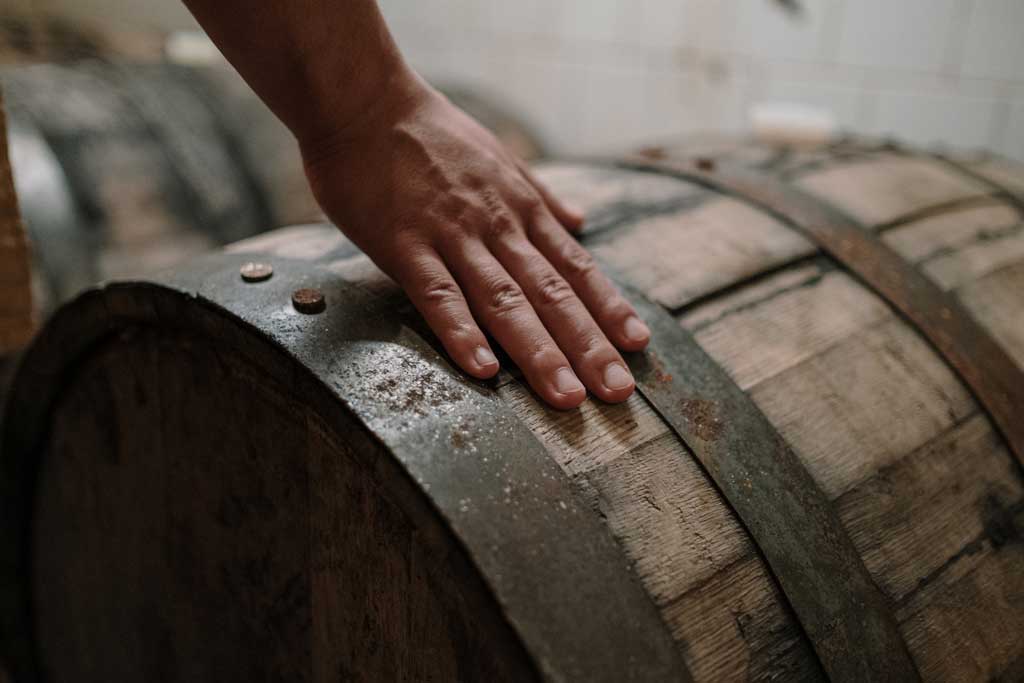
Why is single barrel higher proof?
Unlike standard bottlings, single barrel whiskey or bourbon is often higher proof because it isn’t diluted with water to maintain its original cask flavour. Considering single barrel whiskeys are hand selected for their unique or impeccable character, dilution is avoided which therefore means their alcohol content is usually barrel proof. Single-barrel whiskey will generally be more expensive due to its limited supply and increased strength.
How long is single barrel aged?
On average, single barrel whiskey is aged for at least 5 years, depending on the distillery. This maturation allows the whiskey to be infused with the flavours of the barrel it is stored in, creating a beautifully complex flavour profile. It’s common for single barrel whiskeys to be NAS (No Age Statement) as the length of maturation can widely vary. For a list of single barrel whiskey ages, see the table below.
By comparison, double barrel whiskey can often be matured for as long as 7-8 years due to the additional maturation it receives from its second cask.
What are some good single barrel whiskey brands?
Single Barrel Whiskey / Age
| Whiskey | Age |
|---|---|
| Blanton’s Single Barrel (Original) | 6-8 years |
| Buffalo Trace Single Barrel Select | 8 years, 8 months |
| Daddy Rack Single Barrel Cask Strength | 4 years |
| Elijah Craig Single Barrel 18 Year Old | 18 years |
| Elmer T. Lee Single Barrel Bourbon | 5-7 years |
| Evan Williams Single Barrel | 7-8 years |
| Evan Williams Single Barrel Vintage | 7-8 years |
| Four Roses Single Barrel Kentucky Straight Bourbon Whiskey | 8/9 years |
| Jack Daniels Single Barrel Rye (NAS) | 4 years (avg.) |
| Jim Beam Knob Creek Single Barrel (NAS) | 5-7 years |
| Michter’s 10 Year Old Single Barrel Rye | 10 years |
| New Riff Single Barrel Bourbon Whiskey | 4 years |
| Peerless Single Barrel Bourbon | 5 years |
| Rock Hill Farms Single Barrel Bourbon | 8 years (avg.) |
| Smooth Ambler, Old Scout 10 | 10 years |
| Wathen’s Single Barrel Bourbon | 6-9 years |
| Wilderness Trail Single Barrel | 5-6 years |
| Willett’s Pot Still Reserve Single Barrel Whisky | 8-10 years |
Is Eagle Rare single barrel?
No. Eagle Rare used to be single barrel, but its distillery (Buffalo Trace) switched from hand to machine bottling which means whiskeys could ‘cross over’. For this reason, the brand no longer states their 10, 17 or double rare whiskeys as single barrel. To this day, Eagle rare is the only bourbon to ever win the double gold medal five times.
How do you drink single barrel bourbon?
To fully appreciate the aroma and flavour, the best way to drink single barrel bourbon whiskey is neat in a Glencairn glass. This tulip-shaped vessel allows the aroma to be funnelled towards your nose as you sip. If drinking neat is too intense for you, single barrel whiskey can be enjoyed on the rocks or with a splash of water to ‘open up’ the whiskey’s aroma and allow it to display more subtle nuances and flavour. When adding water or ice, do so tentatively in small increments taking small sips in between to find your ‘sweet spot’ in terms of dilution.
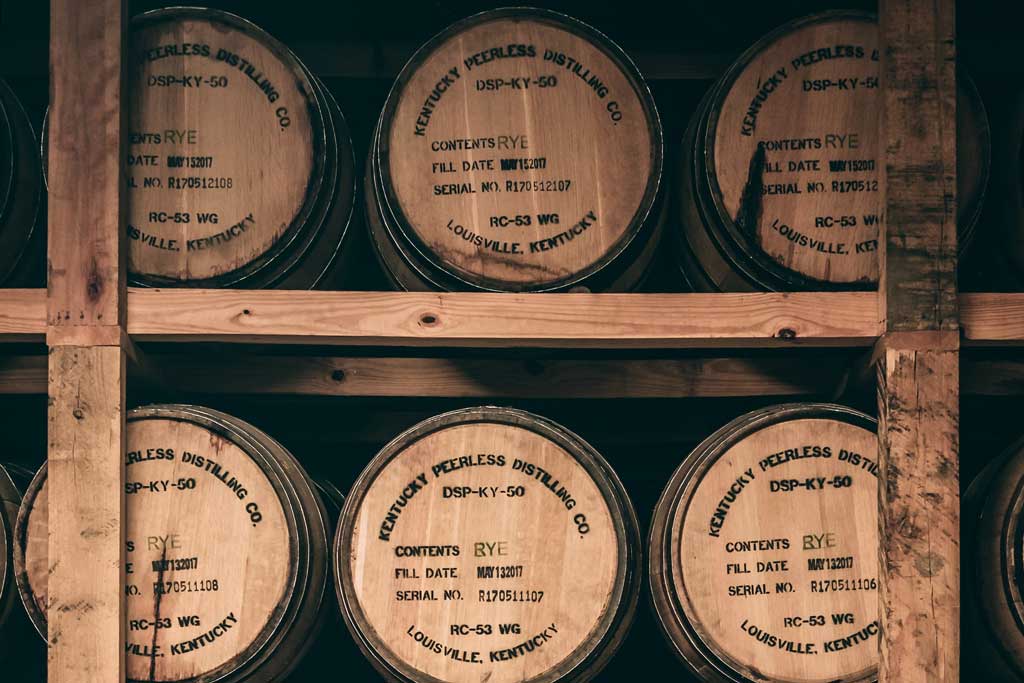
Can whiskey be aged too long?
Yes, whiskey can be aged too long. Maturation isn’t linear and it largely depends on the cask and spirit being used. A cask’s type, age, thickness and material all play a role in the ageing process which can ‘peak’ after different durations. Left too long, aspects such as internal charring can eventually cause bitterness in the whiskey. This is why certain materials such as sherry or Mizunara casks are favoured for extreme-aged whiskeys (beyond 50 years), as they help maintain flavour balance over extended periods of maturation.
How many times can you reuse an ageing barrel?
Ageing barrels (or finishing barrels) are at their most effective when used between 2-3 times. Beyond this, the majority of the colour and flavour has already been previously extracted from the barrel making it increasingly defective. Used barrels either become redundant or can be rejuvenated to extend their lifespan. Rejuvenation involves stripping the interior surface of the barrel to expose unaged timber beneath.
Related post: Small Batch vs Single Barrel


